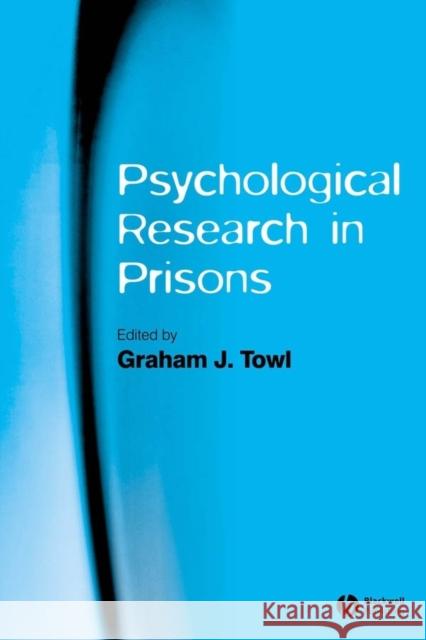Psychological Research in Prisons » książka
topmenu
Psychological Research in Prisons
ISBN-13: 9781405133142 / Angielski / Miękka / 2007 / 240 str.
This up-to-date collection begins with an account and analysis of the role of psychologists in prisons in relation to research.
- Looks at the results of evidence based psychological approaches to working with prisoners
- First half of the book has its primary focus on psychological evaluation research
- Includes chapters on psychological research on suicide, bullying, life sentenced prisoners and staff sickness











